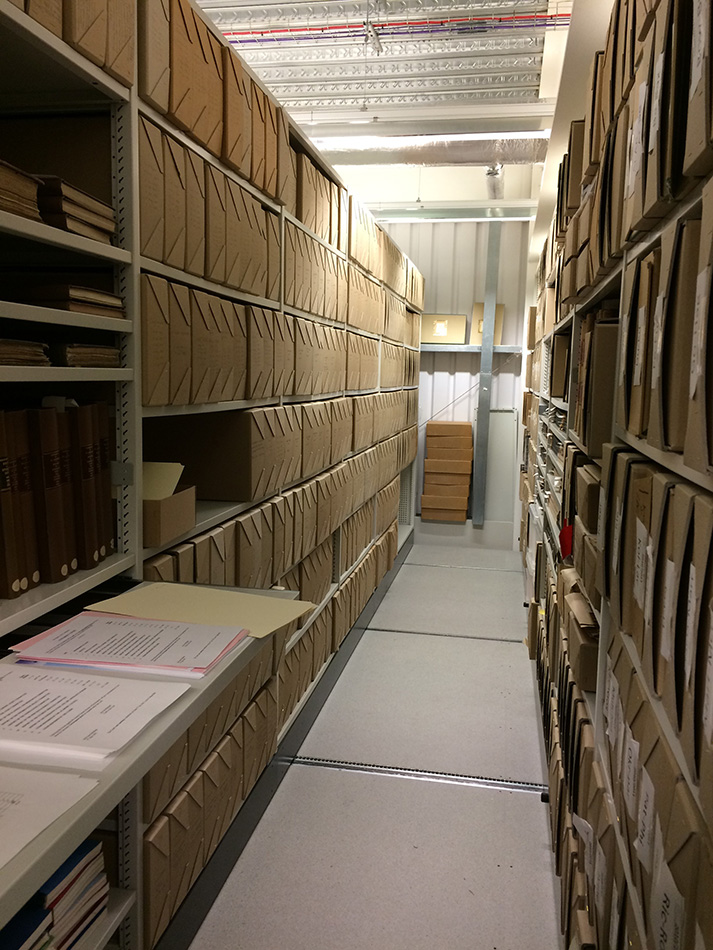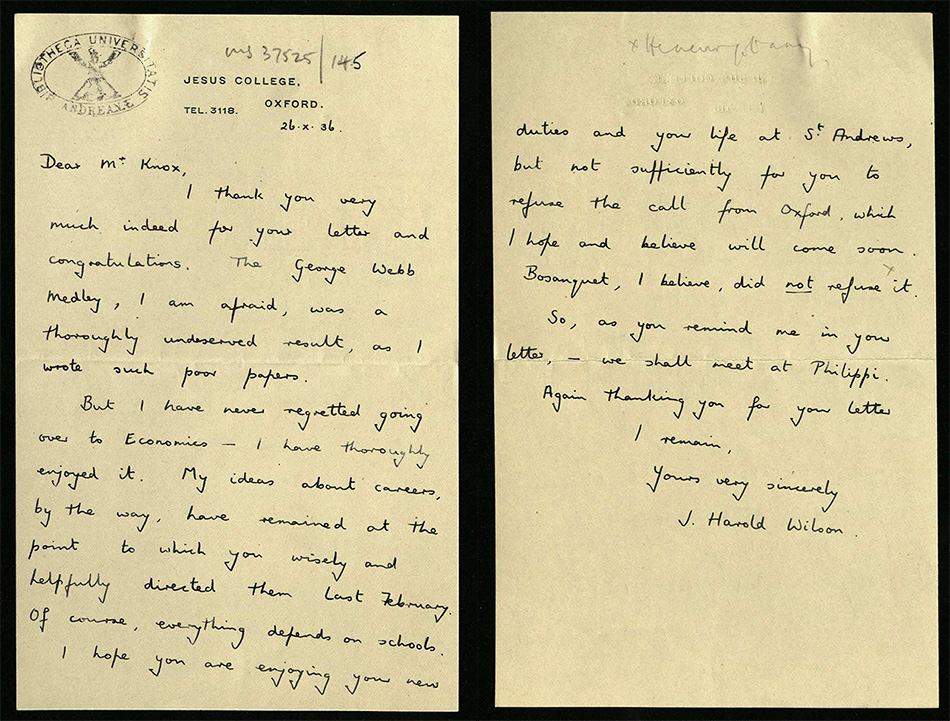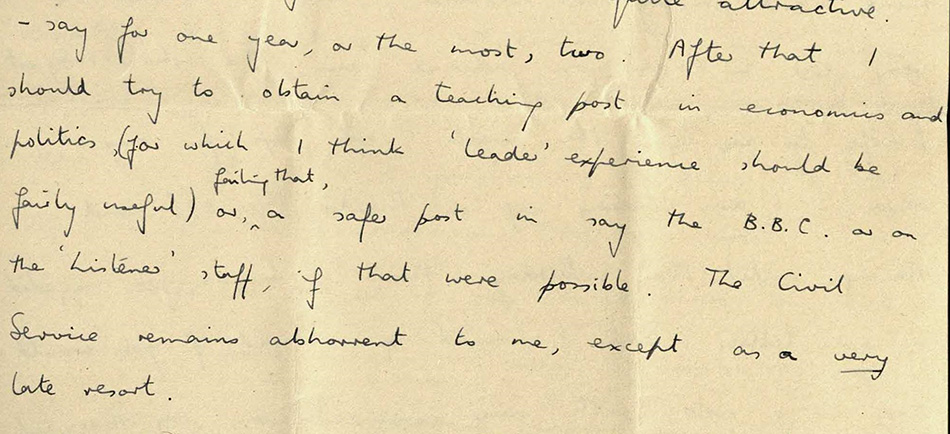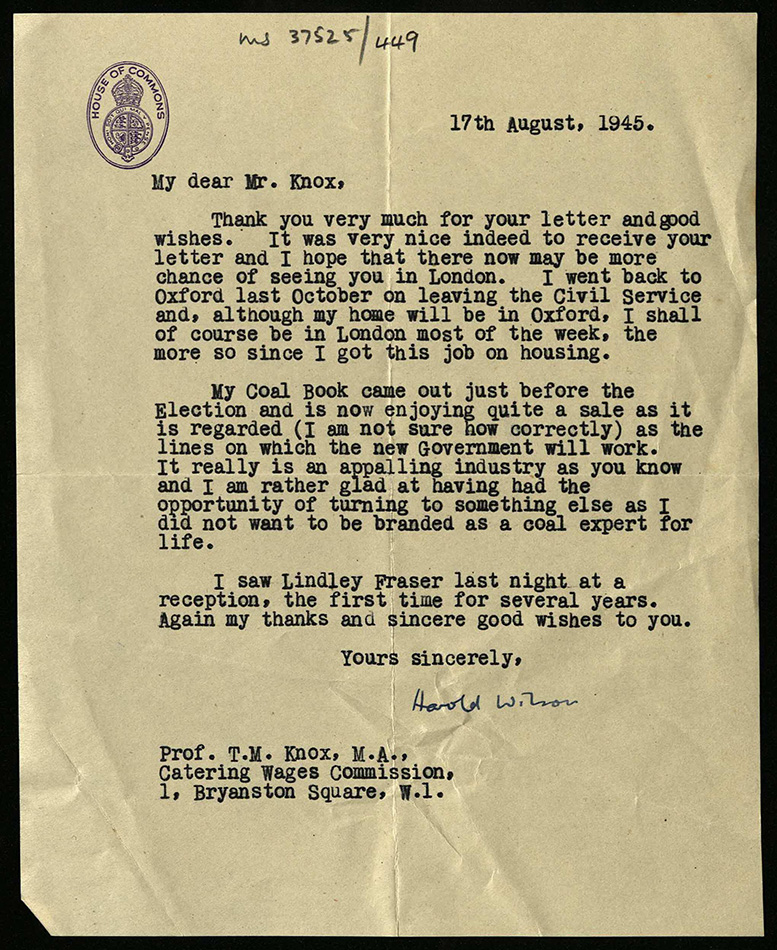Clearing the logjam
Last November, the archive team of the University Library’s Special Collections Division began work on the ‘Logjam’ project. The ‘Logjam’ methodology is based on a survey undertaken back in 2003 to discover the extent of uncatalogued material held in archival repositories in the North West of England. After a detailed audit of collections, it was possible to identify, quantify and prioritise cataloguing within these institutions and plan for future projects. Since then, this methodology has been used in a number of archive institutions when assessing cataloguing backlogs and calculating the resources required to make collections fully accessible to readers. The University Library commissioned a Logjam survey of its uncatalogued archival collections towards the end of last year. Based on this survey, a one year project post was set up within the archive team to make a start on the recommendations of the Logjam report. In this blog post, we will offer some of the insights and highlights of the project so far.
The project’s focus is archival appraisal and cataloguing. This includes both areas of our archive collections – muniment and manuscript. Muniments are the records which document the activity of the University from its earliest days, our institutional archive. The manuscript collections vary from the research papers of former staff to the records of local businesses, churches and prominent families.

The Logjam project began in January of this year and since that time around 223 linear metres of archive material has been reviewed. Around 16% of that has been found to be suitable for de-accessioning (term used for the removal of material from collections). This material is mainly duplicate copies of items already held in our collections, such as University Court minutes, faculty papers or graduation programmes that have come in over the years from a number of different sources across the University. The Logjam report identified that it would take over 50 years to catalogue the material it surveyed, and that wasn’t even the whole of our archive holdings. The report has helped us identify which collections should be tackled first. Additionally, having the time to implement the recommendations of the report through a dedicated project post has been essential. This appraisal process allows us to create much needed space in our stores but also allows us the chance to get to know our collections better. For example, while appraising the uncatalogued Forrest collection we found the delightful D’Arcy Thompson lecture notes recently featured on Echoes.
One of the aims of the project is also to make a start on the cataloguing backlog. Of the total amount reviewed to date, 52 linear metres of the material has now been catalogued, to both file and item level. Some of the collections highlights have been the letters to Principal Knox who held office from 1952-1966. The Logjam report highlighted the Sir T Malcolm Knox collection as significant and as a cataloguing priority for the project.

Sir Thomas Malcolm Knox (1900-1980) was appointed as Professor of Moral Philosophy at St Andrews in 1936. Knox became Acting Principal from 1952-1953 on the death of Principal Irvine and was confirmed in office as Principal by Crown appointment in 1953. His personal papers include letters from a range of correspondents from his time at St Andrews and before. The cataloguing of the individual letters is ongoing but a few letters have stood out so far. One such letter is from Harold Wilson, later the British Prime Minister, from his days as a student. Before moving to St Andrews, Knox was a lecturer at Jesus College, Oxford, the same college to which Wilson won a History Exhibition in 1934. In one letter (26 October 1936), Wilson expresses his enjoyment of studying economics, having switched from History to PPE (Philosophy, Politics, and Economics) and his future career plans. In a letter (29 June 1937) requesting testimonials and career advice from Knox, Wilson states his hopes to get a teaching post, or ideally a position with the ‘Economist’ or the ‘Listener’. One career path he was not keen on was the civil service, as he expresses:

‘The civil service remains abhorrent to me to me, except as a very late resort.’

However, upon enlisting at the Second World War, Wilson was assigned to the Civil service. He was a research assistant to William Beveridge (who married one of our earliest female graduates) in the Ministry of Labour but found his niche as a statistician in the coal industry. He became Director of Economics and Statistics at the Ministry of Fuel and Power in 1943-1944 and published a book ‘The New Deal for Coal’ in 1945. Wilson stood for election in 1945 and won the seat for Ormskirk. He became leader of the Labour party and the Opposition in 1963 and Prime Minister after the 1964 General Election. His letters to Knox reflect the positive relationship Knox had with many of his students and colleagues, affirmed by the many students and colleagues who kept in contact with Knox over the years.
Through this project we have started the reviewing of our legacy collections and tackling the backlog with increased vigour and focus, and it is hoped that a more streamlined archive will result, with more collections opened up to our readers.
Sarah Rodriguez
Principal Archives Assistant
[…] previous blogs, we have featured reports from the Logjam project highlighting our active management of our archival collections through the appraisal and […]